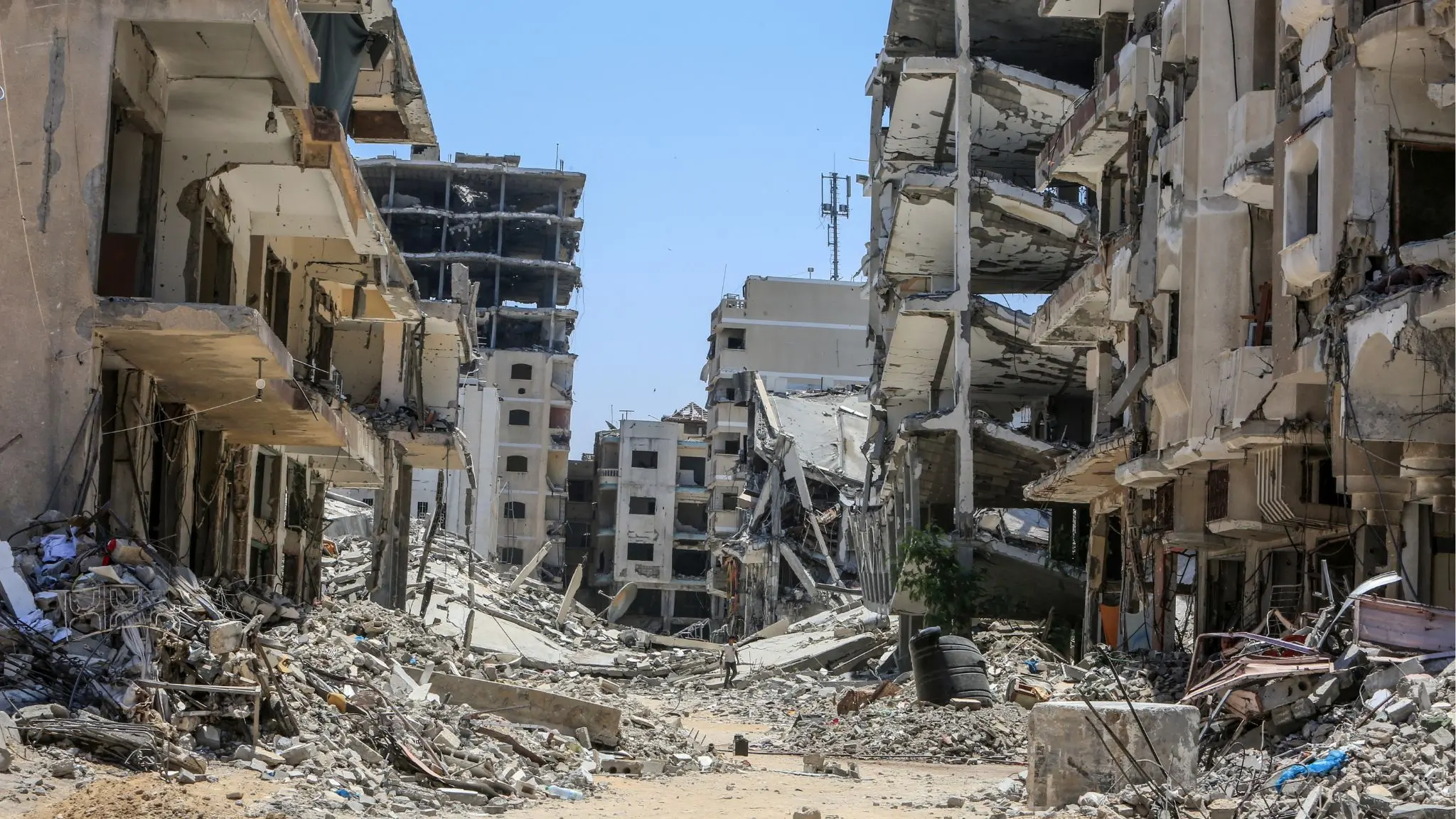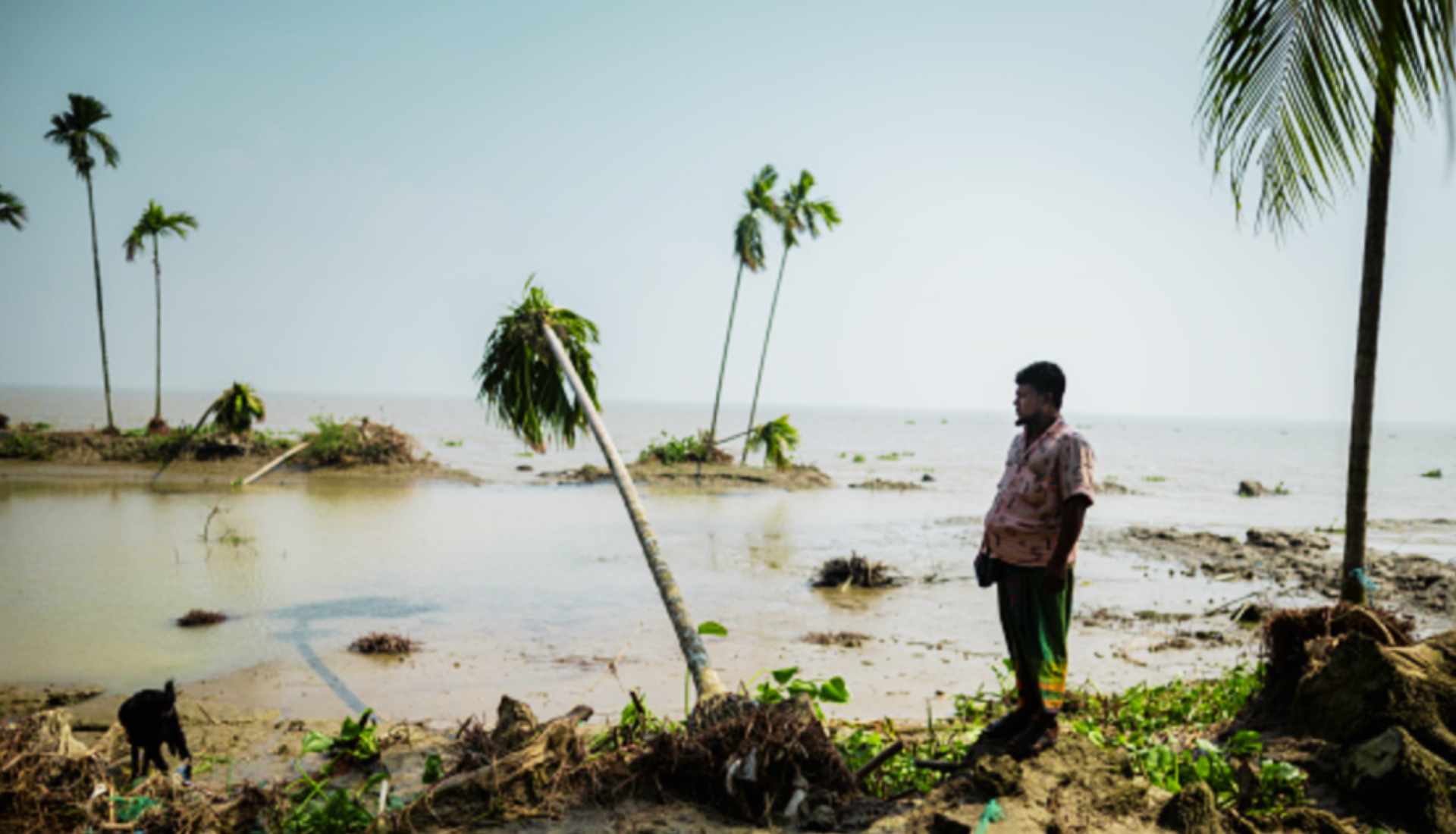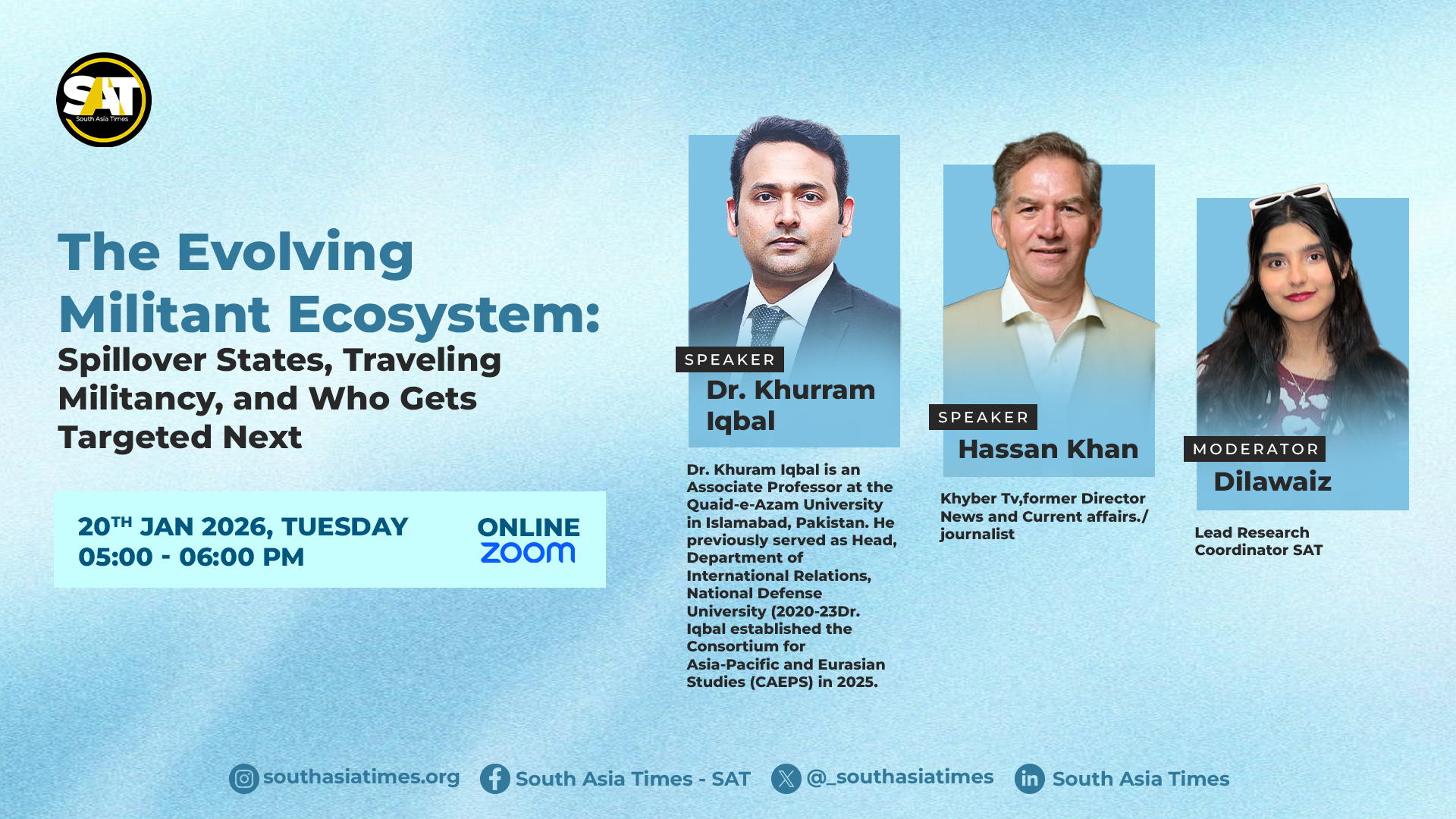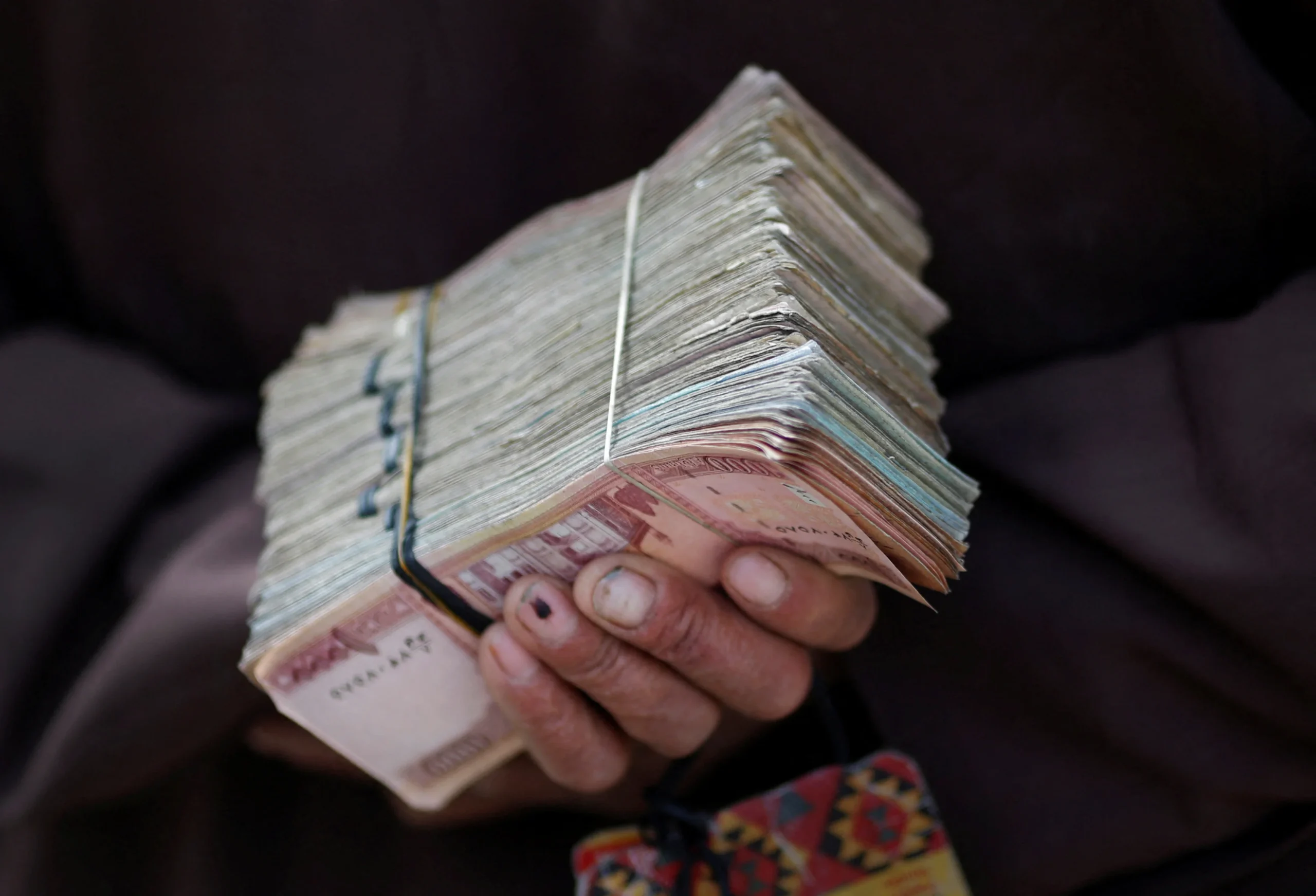Instances of hate speech against minorities in India such as Muslims increased 74% in 2024, a Washington-based research group said on Monday, with incidents ballooning around last year’s national elections.
India Hate Lab documented 1,165 instances of what it considered to be hate speech in 2024, compared with 668 a year earlier, that it observed at events such as political rallies, religious processions, protest marches and cultural gatherings.
“The fact that 2024 was a general election year in India, with polling held in seven phases between April 19 and June 1, played a crucial role in shaping the patterns of hate speech incidents compared to 2023,” the group said in a report.
India’s embassy in Washington had no immediate comment.
The report comes days before a White House meeting between U.S. President Donald Trump and India’s Hindu nationalist Prime Minister Narendra Modi, whose government is blamed by rights groups including Human Rights Watch and Amnesty International for the mistreatment of minorities in India.
Modi’s government and party have denied being discriminatory and said their policies, such as food subsidy schemes and electrification drives, benefit all Indians.
India Hate Lab said a third of hate speech incidents against minorities last year occurred from March 16 through June 1 during the height of election campaigning, with May being a “notable peak.”
The group cited remarks by Modi in April in which he referred to Muslims as “infiltrators” who have “more children.”
Modi won a third successive term and denied stoking divisions. His Bharatiya Janata Party failed to win a majority and relied on coalition allies to form a government.
Also See: Delhi 2025: BJP’s Saffron Surge, Secular Slide
India Hate Lab said 80% of hate speech incidents last year occurred in states governed by the BJP and its allies.
The group, founded by U.S.-based Kashmiri journalist Raqib Hameed Naik, is a project of the Center for the Study of Organized Hate, a nonprofit think tank based in Washington. The BJP has said the group presents a biased picture of India.
Rights advocates, in noting the plight of Indian minorities, point to a 2019 citizenship law the U.N. called “fundamentally discriminatory,” anti-conversion legislation, that challenges the constitutionally protected right to freedom of belief, and the 2019 revoking, of Muslim majority Kashmir’s special status.
They also highlight the demolition of properties, owned by Muslims that authorities said were illegally constructed, and a ban on the hijab, head covering – commonly worn by Muslim girls and women – in classrooms in Karnataka in line with new school uniform rules when the BJP was in power in that state.
India Hate Lab said it used in its report the United Nations’ definition of hate speech: prejudiced or discriminatory language towards an individual or group based on attributes including religion, ethnicity, nationality, race or gender.
This news is sourced from Reuters and is intended for informational purposes only.

![Hate speech against minorities in India surged 74% in 2024, with peaks during election season, India Hate Lab reports. [Image via Reuters]](https://southasiatimes.org/wp-content/uploads/2025/02/7XM2JDEIIFPYRIZZLKXXNQXXKQ.webp)




